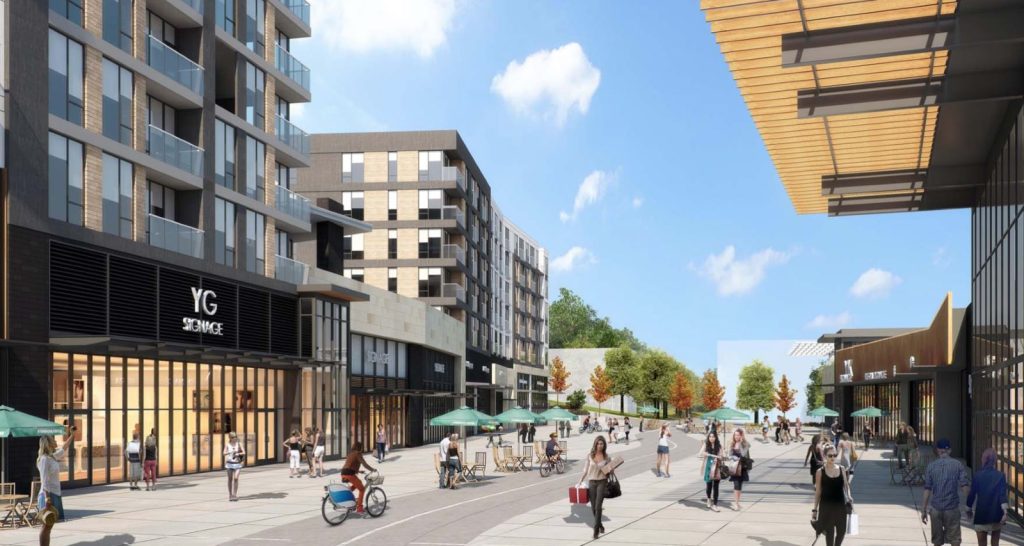Scott Turner and the Impact of Opportunity Zones: Progress, Promises, and Challenges
Scott Turner, a dedicated public servant, has played a pivotal role in the Opportunity Zones initiative. This program aims to revitalize economically distressed communities across the United States. Turner's leadership has sparked optimism and debate about how these zones can genuinely create lasting opportunities. In this article, we explore Turner's contributions, the impact of Opportunity Zones, and the varied perspectives shaping their future.

Scott Turner: Championing Opportunity Zones
Scott Turner served as the executive director of the White House Opportunity and Revitalization Council. In this role, Turner advocated for the use of tax incentives to foster investment in economically challenged neighborhoods. He frequently highlighted success stories, such as the transformation in Erie, Pennsylvania, where private investments have revitalized both residential and commercial spaces. Turner's vision emphasized not just investment, but real change for families, small businesses, and residents in underserved areas.
How Opportunity Zones Work
Opportunity Zones emerged from the 2017 Tax Cuts and Jobs Act. These zones encourage investors to deploy capital gains into qualified projects within designated low-income areas in exchange for tax benefits. This initiative has attracted billions in private investment, resulting in new businesses, jobs, and housing. Success stories like those in Erie and South Carolina show significant growth, with increases in residential addresses, improved local economies, and the restoration of historic sites.
For an in-depth look at these achievements, read this detailed analysis co-authored by Scott Turner.
The Debate: Benefits and Criticisms
While supporters like Scott Turner point to tangible improvements and job creation, others raise valid concerns. Some critics argue that Opportunity Zones risk accelerating gentrification without guaranteeing benefits to long-term residents. Investments may go to high-end projects, possibly neglecting the needs for affordable housing or small business support. Transparency and accountability are recurring concerns, with calls for clearer reporting and deeper community involvement.
A recent opinion piece in The Urbanist examines these criticisms. The article highlights mixed outcomes and stresses the importance of centering equity in opportunity-driven programs.
Real-World Examples: Successes and Setbacks
Turner has highlighted places like Oconee County, South Carolina, where a historic textile mill was transformed into new homes, retail, and public spaces. These stories illustrate the program's potential. Across the United States, Opportunity Zones have reportedly generated over $89 billion in investments and created hundreds of thousands of jobs.
However, not all projects succeed as intended. Some communities, such as those in Massachusetts and Washington State, have seen a surge of speculative investment that benefits developers more than long-term residents. Projects may stall, or local needs may be overlooked if community input is not prioritized.
The Path Forward: Reform and Renewal
Scott Turner, along with policymakers, continues to call for an extension and refinement of Opportunity Zones. Recommendations include stronger community benefit agreements, increased transparency, and targeted investments in affordable housing and workforce development. As Congress debates the future of this program, many agree that reforms are necessary to create meaningful, lasting impact.
For more on the ongoing policy debate and Turner's efforts in collaboration with other leaders, visit this Fox News opinion column.
Conclusion
Scott Turner's work with Opportunity Zones has brought vital attention and resources to underserved neighborhoods. The program’s results so far are a blend of progress and challenge. Its future will likely depend on reforms that balance investment incentives with strong protections and opportunities for local communities. Policymakers, residents, and advocates must work together to ensure that these zones fulfill their promise—and that everyone shares in the benefits.